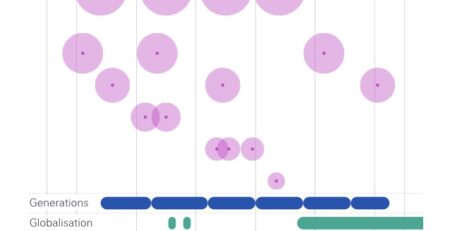Implications of Behavioural Economics for Mandatory Individual Account Pension Systems
By Waldo Tapia & Juan Yermo
In individual account pension systems, members bear the risks and consequences of their investment decisions. If participants behave as predicted by economic theory, such responsibility would be welfare enhancing as members would invest and hold a portfolio of financial assets with a risk-return combination consistent with their investment horizon, degree of risk aversion and the portfolio of other assets they hold, including their human capital and, where relevant, their home. Behavioural economists and empirical researches have shown that in reality members are not particularly good at handling their retirement savings, either because they lack the necessary cognitive ability to solve the optimization problem, because they have insufficient will power to execute it, or even sometimes because they are overconfident. This paper describes the extent to which plan members make active investment decisions in these systems and assesses the policy solutions that have been put forward to facilitate choice. The paper offers a comparative analysis of ten countries that have implemented investment choice in the accumulation stage of their individual account pension system.
Read the full paper in OECD










